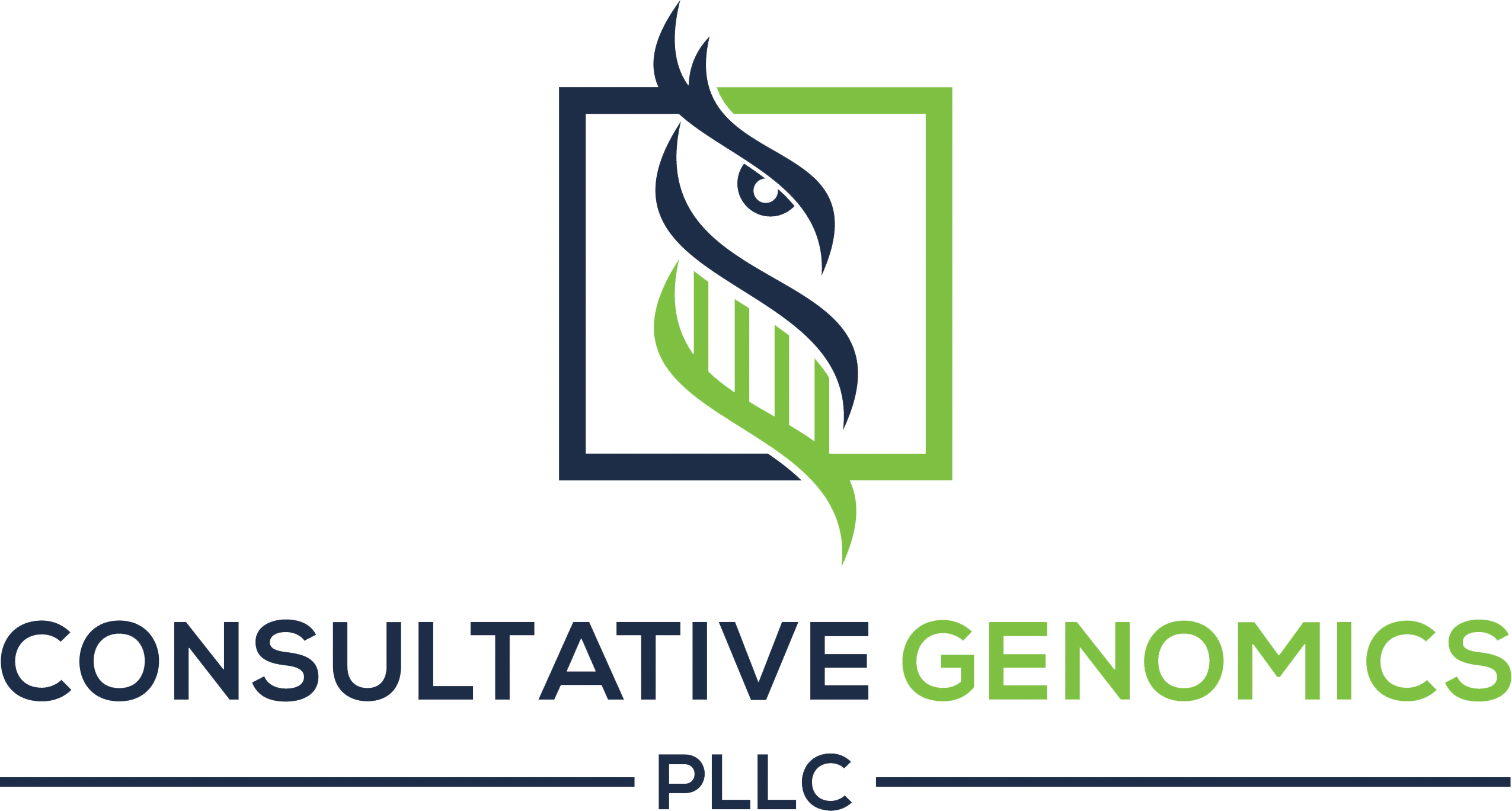Noninvasive Prenatal Testing (NIPT)
Planning on Having a Baby? It’s Never too Early to Begin Planning for a Healthy Pregnancy.
Whether from the perspective of parents or healthcare providers, the importance of family planning is clear—from its benefits to individuals, as well as to families, communities, and societies. As a method of determining the risk that the fetus will be born with certain genetic abnormalities, Noninvasive Prenatal Testing (NIPT) is favored by many parents and healthcare providers because it requires drawing blood samples only from the pregnant woman and, therefore, poses no risk to the developing baby.
The American College of Obstetricians and Gynecologists (ACOG) has issued a new set of guidelines as of 2020, recommending that prenatal aneuploidy screening be offered to all pregnant people regardless of their age or other risk factors. ACOG specifically states in the new guidelines that NIPT offers superior sensitivity and specificity over traditional prenatal aneuploidy screening methods. The false-positive rate of NIPT is significantly lower than the alternative serum screening.
Request Test
Understanding DNA Can Empower Parents and Providers to Make More Informed Decisions that Promote Healthier Pregnancies and Happier Babies.
During pregnancy, the mother’s bloodstream contains a mix of cfDNA that comes from her cells and cells from the placenta. These cells are shed into the mother’s bloodstream throughout pregnancy. Analyzing cfDNA from the placenta in the mother’s bloodstream provides an opportunity for early detection of certain genetic abnormalities without harming the developing baby.
Through cutting-edge genetic testing, Consultative Genomics can provide reassurance, assistance in making informed reproductive decisions, and a less invasive testing option for pregnant women.
NIPT Might Be Right for:
• Individuals who are pregnant.
Consultative Genomics believes NIPT should be available to every pregnant woman. If a chromosomal abnormality screen is positive, confirmation diagnostic testing should be offered (ie chorionic villi sampling or amniocentesis).
More
Privacy Policy
Compliance
Contact
25003 Pitkin Rd,
Ste F-300 & F-600
Spring, TX 77386
+1 (866) 648-1117
All Rights Reserved 2021
More
Privacy Policy
Compliance
Contact
25003 Pitkin Rd,
Ste F-300 & F-600
Spring, TX 77386
+1 (866) 648-1117
